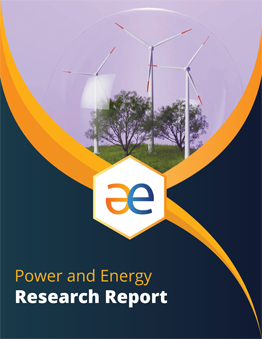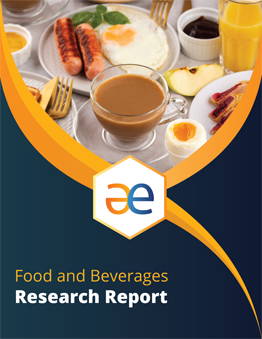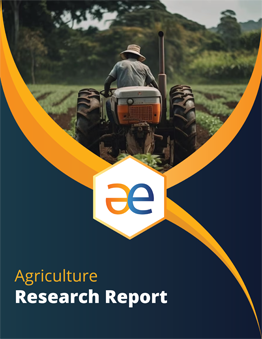The South America Soy-Based Infant Formula market was valued at $XX Billion in 2021 and is expected to reach $XX Billion by 2029, growing at a CAGR of around 4.16% during the forecast period. The soy-based infant formula market in Brazil is mainly attributed to the increasing number of women with low breastmilk production, rising awareness regarding plant-based infant formula, and rapid urbanization. The birth rates are increasing across the South American region; the consumers are willing to spend on infant formula & food products of high quality. Due to rising disposable income, the consumers are not hesitant to go for organic infant formula. In Brazil, 95% of the mothers initiate breastfeeding, but the duration of EBF is still low. A recent survey in Brazil revealed that the median duration of EBF was 1.4 months.
In Latin America, an average of 38% of infants are exclusively breastfed until their fifth month of age. Also, feeding practices during that stage are not homogenous in the region. While in Central America, the recommendation is followed for nearly 33.2% of babies, this figure drops to close to 26% in the Caribbean. As babies grow into their sixth to eight months of age, the international organization advises introducing solid, semi-solid, or soft foods into the children’s diet. Although more than eight out of 10 Latin American parents follow this advice, only 62% fulfil the recommended minimum diet diversity of four or more food groups a day.
Soy-based infant formula is the most appropriate choice for vegan families. Soy formula consists of high concentrations of plant-based estrogen-like compounds. It is the primary food source for babies in the first six
In 2020, during the COVID-19 pandemic, there have been unprecedented variations in the South America sales of infant formula and food products due to rapid changes in consumer purchase patterns. The increasing trend of bulk buying and stockpiling of infant formula has led to certain products being in minimal supply, which has led to price fluctuations in the South America infant formula market.
The South America Soy-Based Infant Formula market is segregated on the basis of product type, age group, and geography. In 2021, the current infant mortality rate for Argentina is 9.461 deaths per 1000 live births, which is a 2.61% decline from 2020. Nearly 32.0% of infants aged 0 to 5 months are exclusively breastfed.
The market for baby foods in Argentina is estimated to grow during the forecast period due to increasing demand from parents to feed their babies with healthier food with high nutritional value. They opt for natural ingredients and no additives containing food with a major attraction on organic baby food products. Consumers are purchasing baby food products to promote the health of their babies by feeding products that combine a balanced nutritional profile and convenience.
Companies are focusing on acquisitions and relationship programs to enhance market share and boost sales. According to a recent study, the per capita income in the next decade is expected to
South America Soy-Based Infant Formula Market Research Report Include:
Along with these companies, there were many other companies considered/ cited in the report while analyzing the Soy-Based Infant Formula market. These companies hold substantial share-owning to the nature of the industry whereas rest of the market shares are marginal chunks to regional and local level manufacturers. other players have considerable presence owing to its robust brand image, geographical reach and strong customer base.

Starting from $2700

Starting from $2160

Starting from $2700
Keep up-to-date with our weekly newsletter, Media Pulse.